Paid links are a bit of a controversial topic in the SEO world. But what are paid links? It is a question that many business owners and website owners ask themselves, as it can be a bit of a grey area.
Paid links used to be a huge factor in Google’s ranking algorithm used to include paid link, but this is no longer the case. However, there’s still whether paid links are considered a spammy practice and can damage your chances of ranking.
Let’s explore what paid link is and whether or not it is worth the risk. We’ll also discuss tips on getting quality links without paying for them!
What are Paid Links
Paid links are links that you buy from another website to increase the visibility of your website in search engine results pages (SERPs) or improve your website’s PageRank.
Paid link building can improve your website’s SEO strategy, but it should be used sparingly and with caution. When used correctly, they can boost your website’s search engine rankings. Otherwise, you could end up harming your SEO efforts.
A few high-quality paid links can be more beneficial than hundreds of low-quality ones. Reach out to the website’s owner and see if they’re interested in selling links. The key in paid link building is finding relevant websites to your own and pass PageRank.
Types of Paid Links

Paid links are purchased backlinks that can help improve a website’s SEO. They can be found in various forms, including sponsored posts, advertorials, and paid placements. The role of anchor text and contextual relevance is crucial in paid link strategies to ensure that the links are natural and beneficial for search engine optimization. Here are some types of paid links:
- Sponsored or Paid Links (rel= “sponsored” ): These are links paid by the website owner or advertiser. It includes the rel= “sponsored” attribute indicating to search engines that they are paid links.
- Advertorials: These are paid promotions aimed at increasing brand visibility and conversions. They typically involve creating content that promotes the advertiser’s products or services in exchange for payment.
- Paid Placements: These are paid ads or listings on search engine result pages (SERPs). They can be in the form of text, banners, or other types of advertisement links.
- Affiliate Links: The sponsor pays the publisher for successful conversions, such as website clicks or commissions from purchases.
- User-Generated Content (UGC) Links (rel= “ugc” ): These are links created by users or customers of a website. They should include the rel= “ugc” attribute to indicate to search engines that they are user-generated links.
When using paid links, it is essential to consider the content quality and relevance and the context in which the links appear. Excessive money anchors or unnatural links can lead to penalties. To avoid potential issues:
- Ensure that paid links are disclosed and identified as sponsored or paid.
- Maintain a natural linking pattern that aligns with the website’s content and context.
- Avoid using spammy or low-quality content to generate paid links.
Paid Links vs. Organic Links
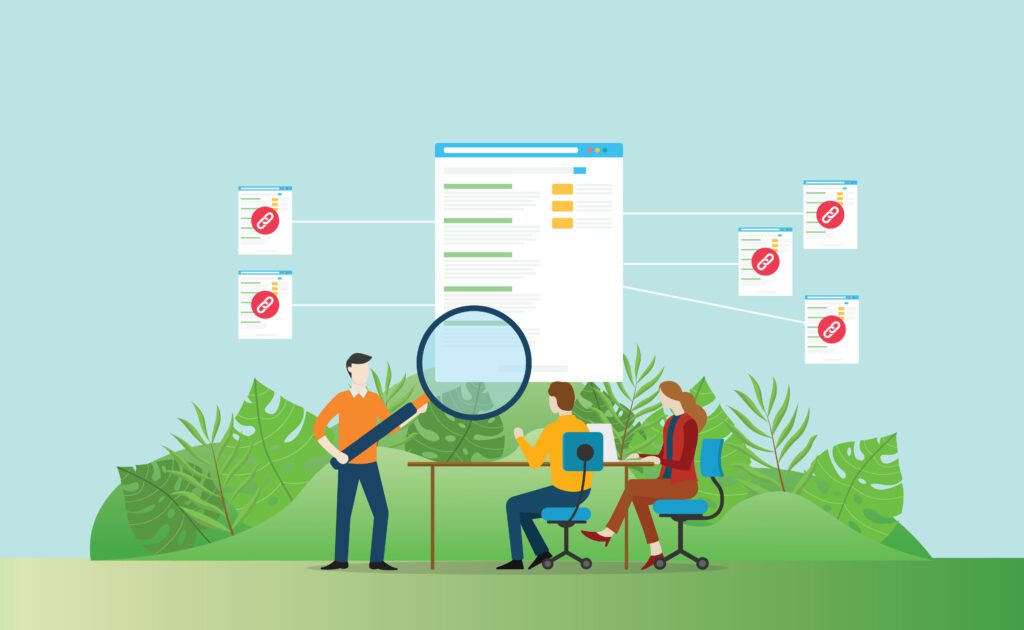
Paid links are advertisements you pay for, while organic links are earned through good content and SEO strategy.
Paid links are where a brand pays you to write about them or banner ads on your site; most people will not click on them. Sponsored links are less effective than organic links because they’re not as relevant to the content on your site.
On the other hand, you earn organic links through good old-fashioned hard work. These are the links you get when another site mentions your brand or links to one of your articles. The more likely you earn organic links when your site is more popular and relevant.
Organic link building is a process of slowly and steadily earning links from other sites through high-quality content. The payoff is worth it, but it may take months to years. Paid links, on the other hand, are a much quicker way to get links to your website.
Is paid link a Google Ranking Factor?
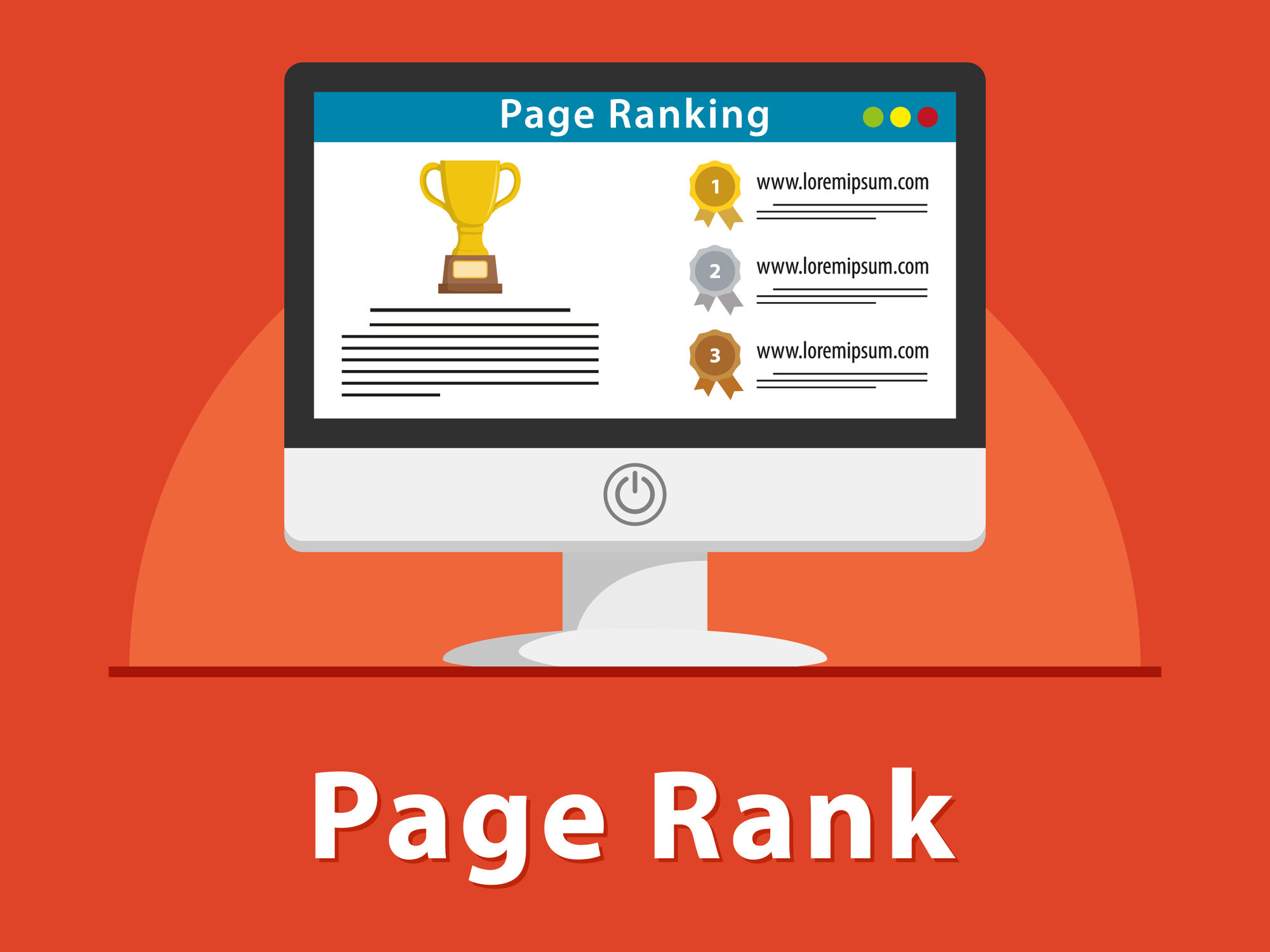
There is no doubt that Google uses links as a ranking factor. They have even said so themselves. Links pass PageRank and impact search rankings.
However, Google’s position on paid links is clear: Buying or selling links that pass PageRank is against their webmaster guidelines. They go far as to say that if you pay for links, they may take manual action against your site. So, it’s pretty clear that paid links are a Google ranking factor.
However, it’s essential to note that not all paid links are created equal. A link from a high-quality, relevant website will be worth much more than a link from a low-quality or irrelevant website. So, if you pay for links, ensure they come from websites relevant to your industry.
Overall, paid links are a Google ranking factor that you need to be aware of. As long as you’re careful about the purchased links’ quality, don’t worry too much about it. Excessive link exchanges are also frowned by search engines. Just stay within Google’s guidelines, and you should be fine.
There are a few ranking benefits of using paid links “theoretically”:
- It can help to increase the number of links pointing to a website, which can, in turn, improve the site’s ranking on Google.
- You can use paid links to target specific keywords, which can help to improve a website’s search engine optimization (SEO).
- Paid links can help to build relationships with other sites, which can lead to more traffic and exposure for a website.
The Risks of Using Paid Links
Paying for links is risky and can damage your ranking in search engines. Before you pay for links, be sure to understand the risks and potential consequences. Otherwise, you may find your site relegated to the back pages of the search results.
Search Engine Penalties
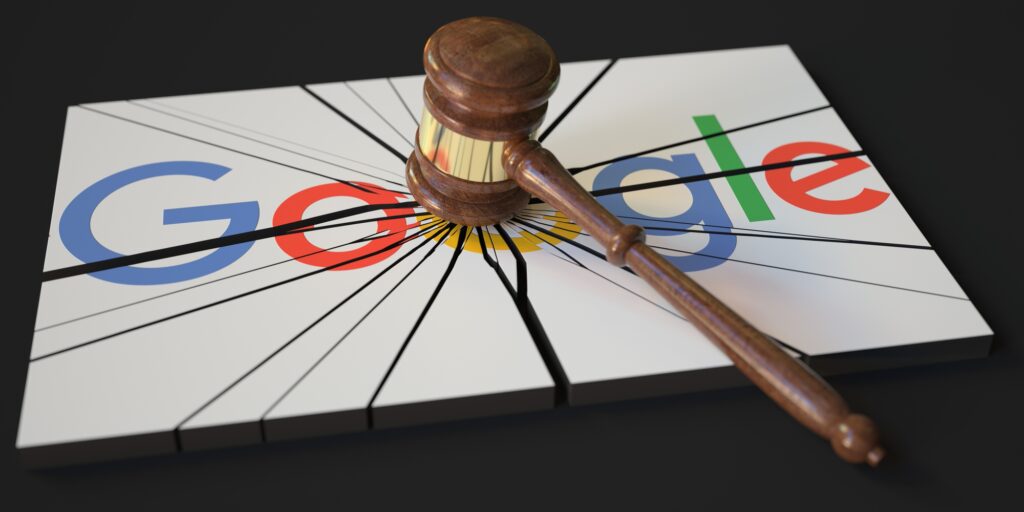
Search engines like Google’s algorithm have developed to detect and penalise websites engaging in paid link schemes. Google’s Penguin, an algorithm update rolled out in 2012, specifically targets sites that purchase links or obtain them through link networks designed primarily to boost Google rankings.
Any website guilty of these practices to manipulate search engine results may experience a significant drop in rankings or, worse, complete removal from the search results.
Loss of Credibility
Purchasing links can have adverse effects on a website’s credibility and reputation.
Users and search engines alike place a high value on trust and authenticity. A website’s credibility measures its ability to deliver reliable, genuine content.
By engaging in paid link schemes, a website may damage its trustworthiness in the eyes of both its users and search engines. This loss of credibility can decrease visibility and traffic, impacting the site’s overall performance.
Negative User Experience
Paid links often lead to poor user experiences as they may not direct users to valuable or relevant content.
User satisfaction is a key factor in SEO rankings, and a poor user experience can lead to lower dwell times, increased bounce rates, and fewer pages viewed – all metrics that can negatively influence a website’s SEO ranking. The ultimate goal of any website is to provide valuable, relevant content that meets users’ needs rather than attempting to game the system for short-term gains.
How to Get Quality Links Without Paying for Them
You can still do a few things to get quality links without paying for them. This section is for those who don’t want to risk paying for links and getting caught by Google.
1. Make Connections

When you build a strong relationship with others in your industry, they will be more likely to link to your content.
You make connections by guest blogging on their site, participating in online discussions, and writing helpful articles or blog posts to build relationships and get your name out there.
When you build relationships with authoritative industry insiders, you can reap several benefits. First and foremost, you’ll be able to get your foot in the door with some of the most influential people in your field. It can open up opportunities for you, professionally and personally, down the road.
Additionally, these relationships can provide valuable insights and feedback that you can use to improve your work. Being associated with these individuals can help build your reputation and authority within your industry.
2. Create a High-Quality Content
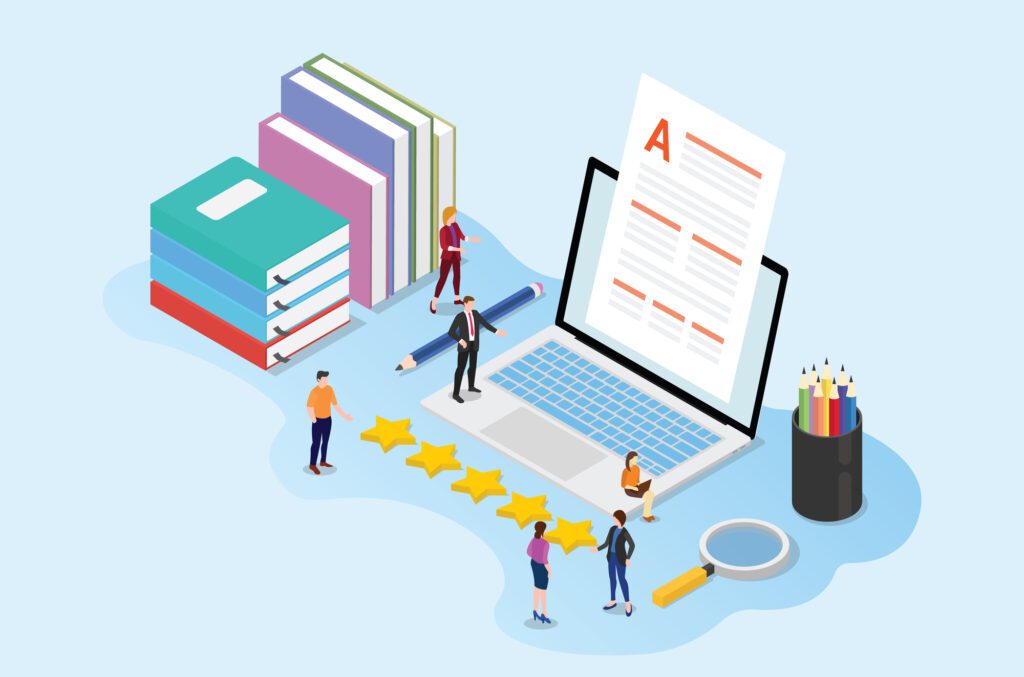
Content making is hard work – there’s no getting around that – but if you can manage to produce high-quality, original content regularly, people will start to take notice. And when people begin to take notice, they’ll start linking to your content. If you want quality links without paying for them, you must make a range of excellent content and do it frequently.
Of course, it’s not enough to produce any old content – it needs to be the good stuff. Make sure your content is engaging, well-researched, and informative, and you’ll be well on earning those all-important quality links. Keep at it, and you’ll have the link profile you’ve always wanted before long.
People will start to notice if you produce high-quality, original content regularly. It can result in increased traffic to your website and links from other websites, which can improve your search rankings.
Additionally, producing good content can help build your brand and establish you as an expert in your field, leading to more customers or clients.
Finally, excellent content satisfies you and your audience and can help create a loyal following.
3. Return the favor
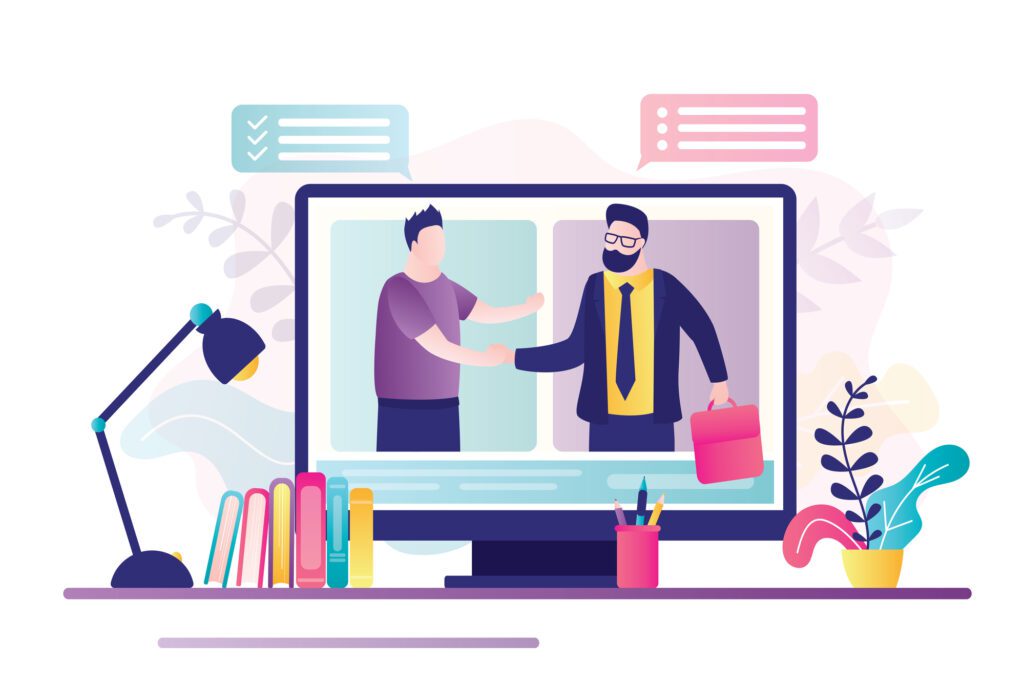
If someone links to your website, look at their website and see if you can link to their site. It is a great way to build relationships with other web admins and get high-quality links.
One way of starting a fruitful relationship with another website is to return the favor when they link to you. You also benefit from a backlink from an already well-established site by returning the favour. It is called “reciprocity” and is just one way of building backlinks.
Backlinks can benefit your website in many ways. The more backlinks you have, the higher your site will rank in SERPs.
High-quality backlinks also increase the visibility of your website and attract more visitors. Finally, backlinks help build relationships with other websites and improve the overall quality of your website.
4. Social Media Engagement
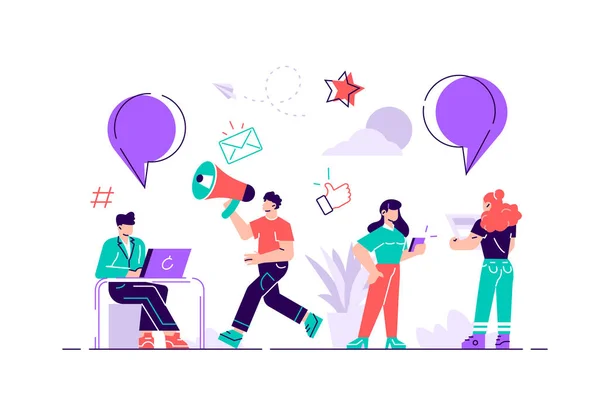
Social media is significant in promoting content and attracting organic links. By sharing your content on platforms, you can reach a wider audience and increase the number of organic links to your site.
The power of social media lies in its ability to amplify your message through social sharing. Every share your content receives increases its visibility, potentially attracting more audiences and, in turn, more shares.
This amplification effect can quickly grow your reach and significantly boost organic traffic and links. The more your content is shared, the more signals it sends to search engines that it is valuable, which can improve your rankings.
Conclusion
Paying for links is a risky proposition. Paid link building has advantages but could damage your website in the long run. If you’re looking for quality links without paying for them, focus on building relationships with others in your industry, producing excellent content regularly, and returning the favour when someone links to you. These strategies take more effort and time than purchasing links, but they’re worth it in the long run.









